Call for Papers
Welcome to The IAFOR Conference on Heritage – Hong Kong (Heritage–HongKong), an interdisciplinary conference held in Hong Kong, December 5–7, 2018.
Welcome to The IAFOR Conference on Heritage – Hong Kong (Heritage–HongKong), an interdisciplinary conference held in Hong Kong, December 5–7, 2018.
Keynote and Featured Speakers at The IAFOR Conference on Heritage – Hong Kong will provide perspectives from a variety of academic and professional backgrounds.
Held at The University of Hong Kong (HKU), Heritage–HongKong is the ideal forum in which to discuss emerging regional and global issues, and to keep up to date with the latest interdisciplinary research.
The IAFOR Conference on Heritage – Hong Kong (Heritage–HongKong) is organised by IAFOR in partnership with the IAFOR Research Centre at Osaka University, Japan.
Heritage studies have become a significant and well-identified area of both scholarly study and societal engagement. The management of artistic, cultural and intellectual resources is an increasingly difficult challenge that requires the ability to appreciate, and the skills to protect and conserve, the diversity of human production.
This conference aims to host and promote discussions about ways in which human heritage is perceived, described, as well as managed in contemporary society, with particular focus on Asian contexts. We are interested in highlighting the challenges in relation to intangible heritage, which poses issues of ethics such as property rights, political control in totalitarian regimes, and endangerment under the pressure of globalising forces.
We invite papers as well as panel proposals on the following topics:
Hong Kong has traditionally been associated as a meeting place of peoples, ideas and concepts; of clashes, fusions and synergies, including East and West, tradition and modernity, freedom and repression. After years of rapid development, modernisation and relative wealth, the notion of 'heritage' has started to gain currency, especially in terms of built heritage. However many forms of less tangible heritage are still poorly understood and overlooked in Hong Kong, China, and indeed throughout the world. Traditional crafts, musical heritage, minority languages, youth culture, and most recently liberal philosophies are all part of a heritage which Hong Kong, like many other places, might stand to lose. In this sense it is an ideal crossroads to meet and discuss regional trends and global conceptions of intangible and intellectual heritage, its challenges, its management, and its future.
The IAFOR Conference on Heritage – Hong Kong (Heritage–HongKong) is a multidisciplinary conference held at The University of Hong Kong (HKU). Keynote, Featured and Spotlight Speakers will provide a variety of perspectives from different academic and professional backgrounds.
In conjunction with IAFOR's Global Partners, including The University of Hong Kong (HKU), we look forward to welcoming you to Hong Kong!
– The Heritage–HongKong Organising Committee
Umberto Ansaldo, The University of Hong Kong, Hong Kong
Giorgio Biancorosso, The University of Hong Kong, Hong Kong
John Carroll, The University of Hong Kong, Hong Kong
Stephen Y.W. Chu, The University of Hong Kong, Hong Kong
Joseph Haldane, The International Academic Forum (IAFOR), Japan
Donald E. Hall, University of Rochester, USA
Nicole Huang, The University of Hong Kong, Hong Kong
Yeewan Koon, The University of Hong Kong, Hong Kong
Lisa Lim, The University of Hong Kong, Hong Kong
Mark Pegrum, The University of Western Australia, Australia
*Submit early to take advantage of the discounted registration rates. Learn more about our registration options.
Keynote, Featured and Spotlight Speakers will provide a variety of perspectives from different academic and professional backgrounds. For details of presentations and other programming, please visit the Programme page.
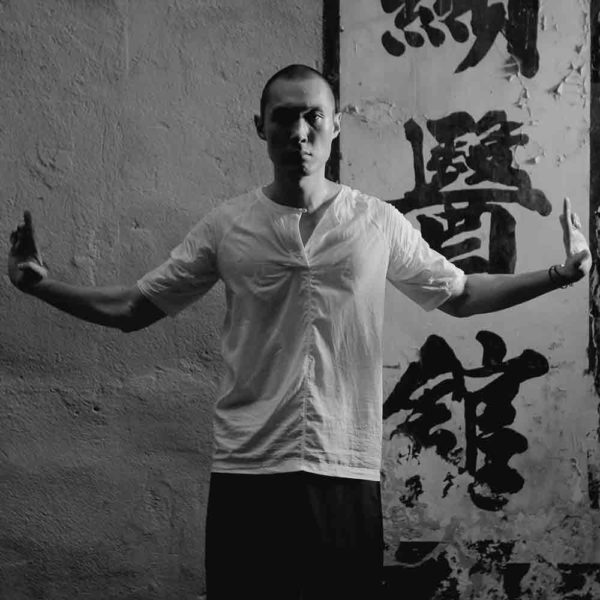
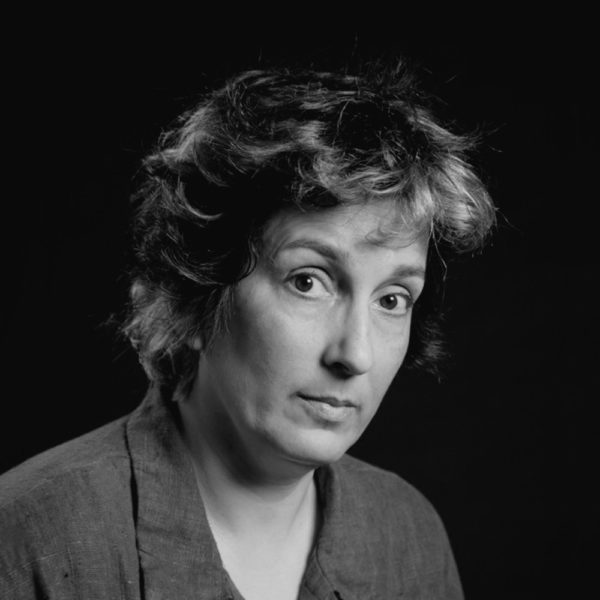
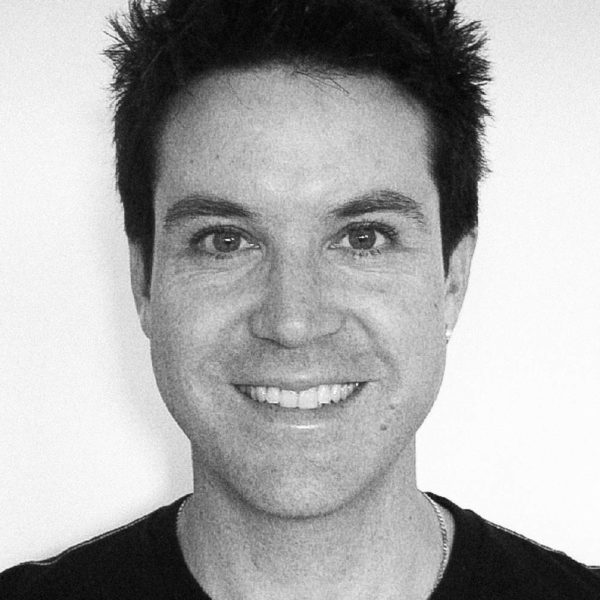
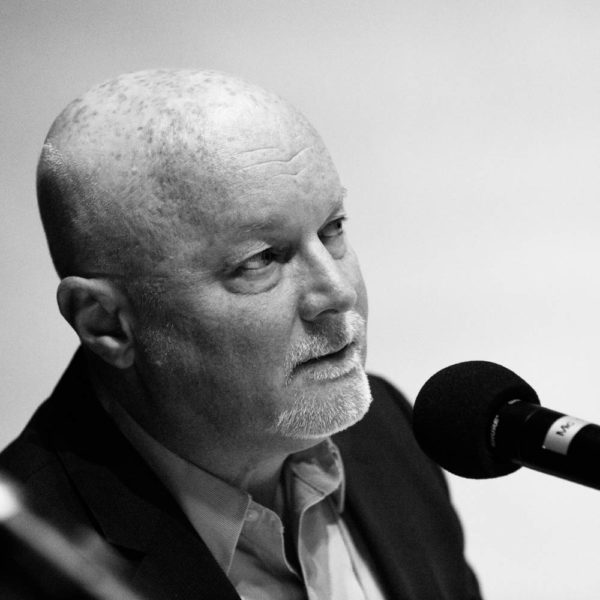
As the world’s largest continent continues to develop, so do its educational and academic needs, and as the global economy recentres towards the Asia-Pacific region, the relevance and significance of IAFOR as an interdisciplinary think tank for both Asia and the West grows. With international events held in Hong Kong and Japan, IAFOR's Asian Conference Series is the ideal forum in which to discuss emerging regional and global issues, and to keep up to date with the latest interdisciplinary research across a range of academic fields.
The International Academic Forum (IAFOR) welcomes academics from all over the world to our interdisciplinary conferences held in Asia, Europe, North America and the Middle East. Our events provide a unique international, intercultural and interdisciplinary environment in which to hear the latest world-class research and network with leading academics, professionals and practitioners.
Our conferences are meticulously planned under the direction of prominent academics to ensure that they offer programmes of the highest level, and are supported by some of the world’s leading academic institutions, including the University of London (UK), Virginia Tech (USA), University of Barcelona (Spain), Waseda University (Japan), University of Sussex (UK), Medill School of Journalism (USA), Moscow State University (Russia) and The University of Tokyo (Japan).
By facilitating dialogue between the world’s academics and thought leaders, IAFOR has become a pioneer in providing the research avenues and visionary development solutions that are necessary in our rapidly emerging globalised world. We welcome you to engage in this expanding global academic community of individuals and network of institutions, and look forward to seeing you at one of our future events.
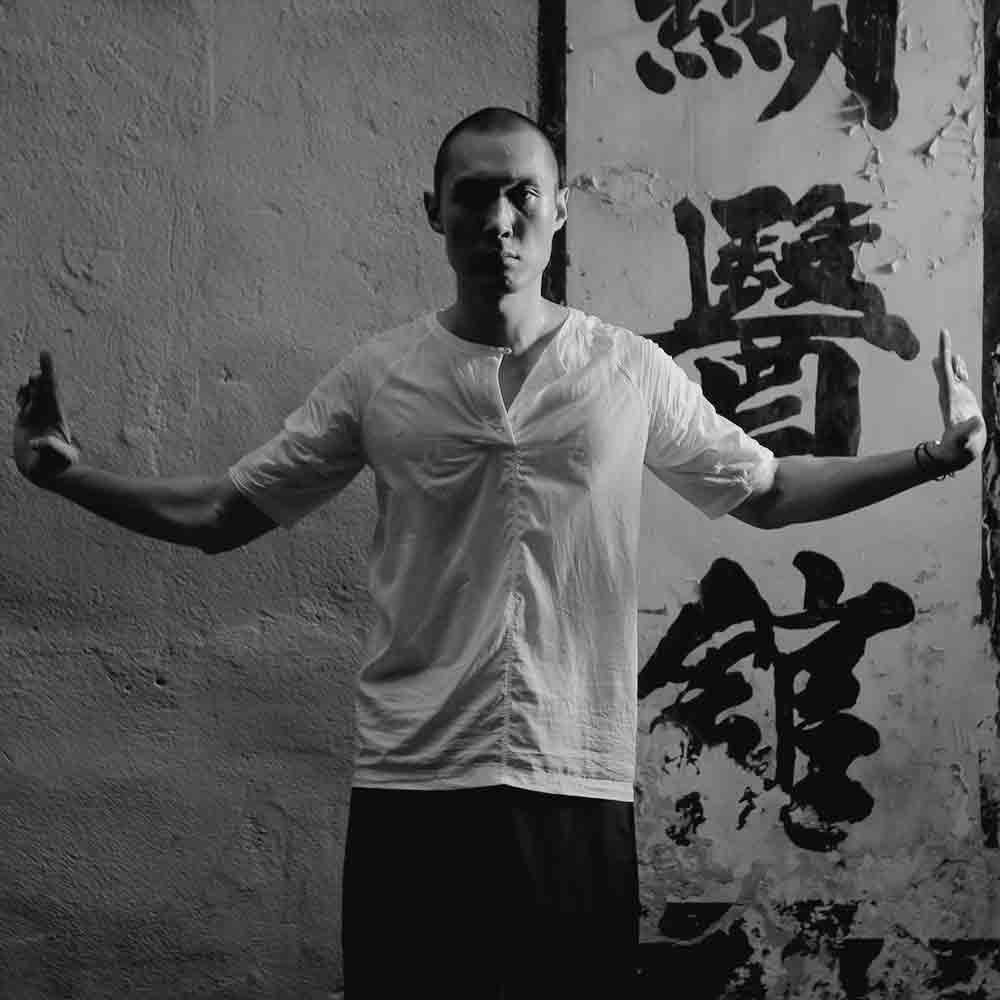
Hing Chao is the executive director of International Guoshu Association, a leading independent research organization for Chinese martial studies. Since 2008 he has been the driving force in the research, documentation, and promotion of traditional Chinese martial arts in Hong Kong. He was the executive editor of the Journal of Chinese Martial Studies (JOCMS) from 2009 to 2012, and has been its deputy editor since it became a Chinese language publication in 2015. He co-founded the Hong Kong Martial Arts Living Archive with Sarah Kenderdine in 2013, which has since spawned three major kung fu exhibitions – 300 Years of Hakka Kung Fu: Digital Vision of Its Legacy and Future (2016), Kung Fu Motion (2017), and Lingnan Hung Kuen Across the Century: Kung Fu Narratives in Hong Kong Cinema and Community (2017), which he produced and co-curated.
Hing Chao is the author of several martial art books including《香港武林》(Hong Kong Martial Arts Community, 2014) and, together with his teacher Lam Chun Fai, authored Hung Kuen Fundamentals: Gung Gee Fok Fu Kuen (2013) and Hung Kuen Training: Chin Cheung and Fok Fu Kuen Deui Chak (2014). His most recent work on Chinese martial arts is 300 Years of Hakka Kung Fu (2016), which he co-edited with Jeffrey Shaw and Kenderdine.
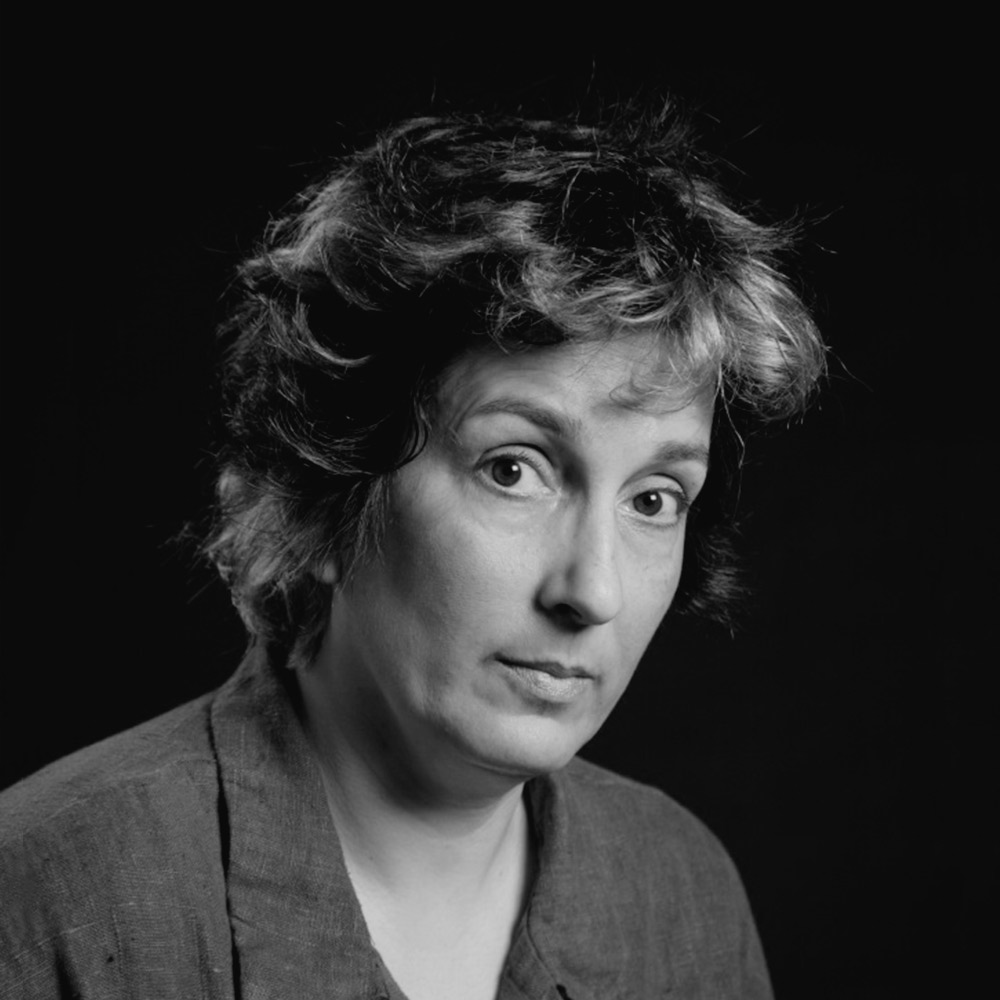
Kanta Kochhar-Lindgren, PhD, an Indian-American dance artist and scholar with a PhD in Performance Studies from New York University, is a Visiting Professor of Performance Studies and Theatre at the Maryland Institute of College Art. As a Fulbright-Nehru Senior Scholar (2017-2018), she launched Traveling Exchanges: Theatres, Architectures, and Heritage, a research project that examines evolving models of performing heritage in South India and their implications for future work in the arts and heritage industries. As the Founding Artistic Director of Folded Paper Dance and Theatre Limited (Hong Kong/Seattle), she focuses her collaborative endeavors on building cross-cultural networks and new forms of dance laboratories. Recent projects include Traveling Architectures (Design Trust, 2017, Hong Kong), Water in Kerala: Art, Performance, Science (2015, Kochi and Kollam, India), and Pier Windows (2014, Hong Kong). The author of Hearing Difference: The Third Ear in Experimental, Deaf, and Multicultural Theatre, the lead-editor of The Exquisite Corpse: Chance and Collaboration in Surrealism’s Parlor Game, and a former editor of Theatre Topics, she is currently writing on Traveling Exchanges, “ensembles of innovation,” and “The Komagata Maru Incident, Artistic Exchange, and Afro-Asian Futurisms.” Arts projects underway include Tracing Luminosity (a multi-media performance installation on Kuttiyattam, Kalaripayattu, and Daveli) and the Traveling Architectures Project (a set of interactive portable platforms that combine dance, storytelling, fashion, and new media with a special focus on engagements with disability communities).
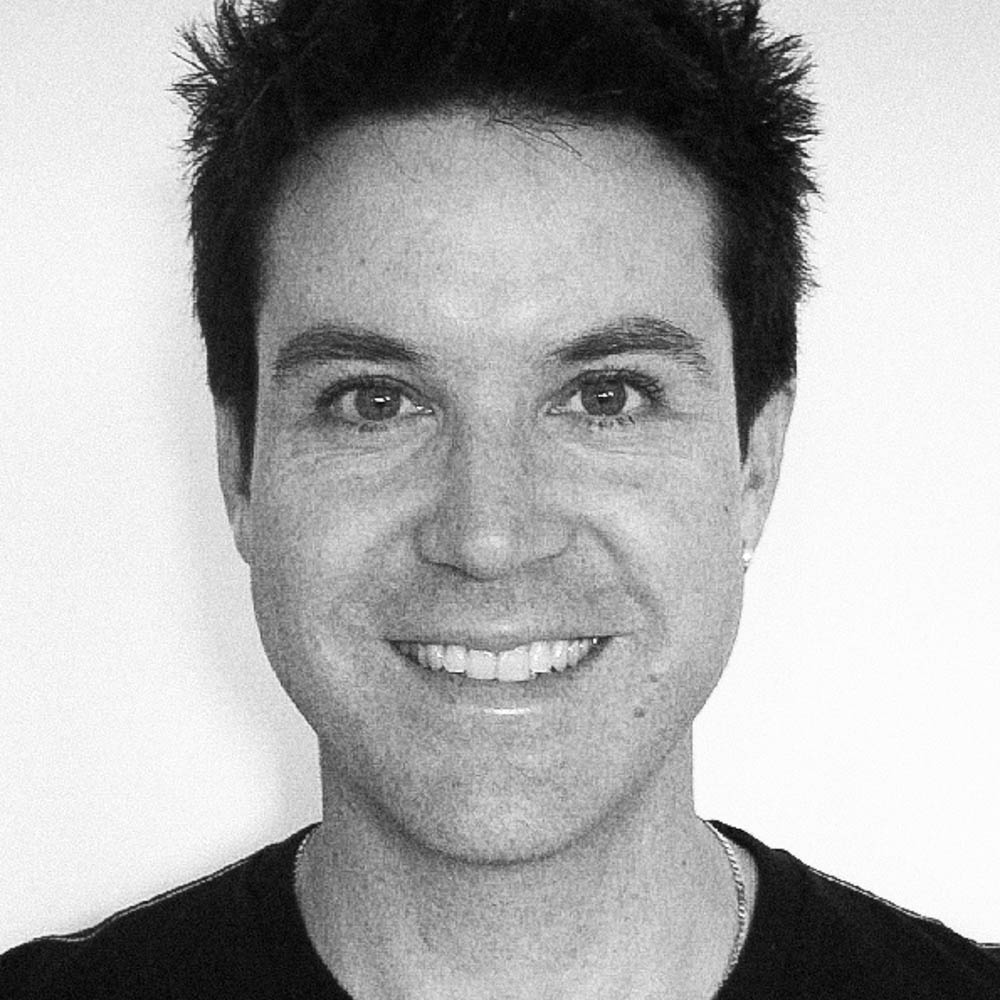
Mark Pegrum is an associate professor in the Graduate School of Education at The University of Western Australia, where he specialises in mobile learning and, more broadly, e-learning. His current research focuses on mobile technologies and digital literacies. His recent books include: Brave New Classrooms: Democratic Education and the Internet (co-edited with Joe Lockard; Peter Lang, 2007); From Blogs to Bombs: The Future of Digital Technologies in Education (UWA Publishing, 2009); Digital Literacies (co-authored with Gavin Dudeney and Nicky Hockly; Pearson/Routledge, 2013); and Mobile Learning: Languages, Literacies and Cultures (Palgrave Macmillan, 2014). He is an associate editor of the International Journal of Virtual and Personal Learning Environments, a member of the Editorial Boards of Language Learning & Technology and System, and a member of the Review Panel of the International Journal of Pedagogies and Learning. He teaches in Perth, Hong Kong and Singapore.
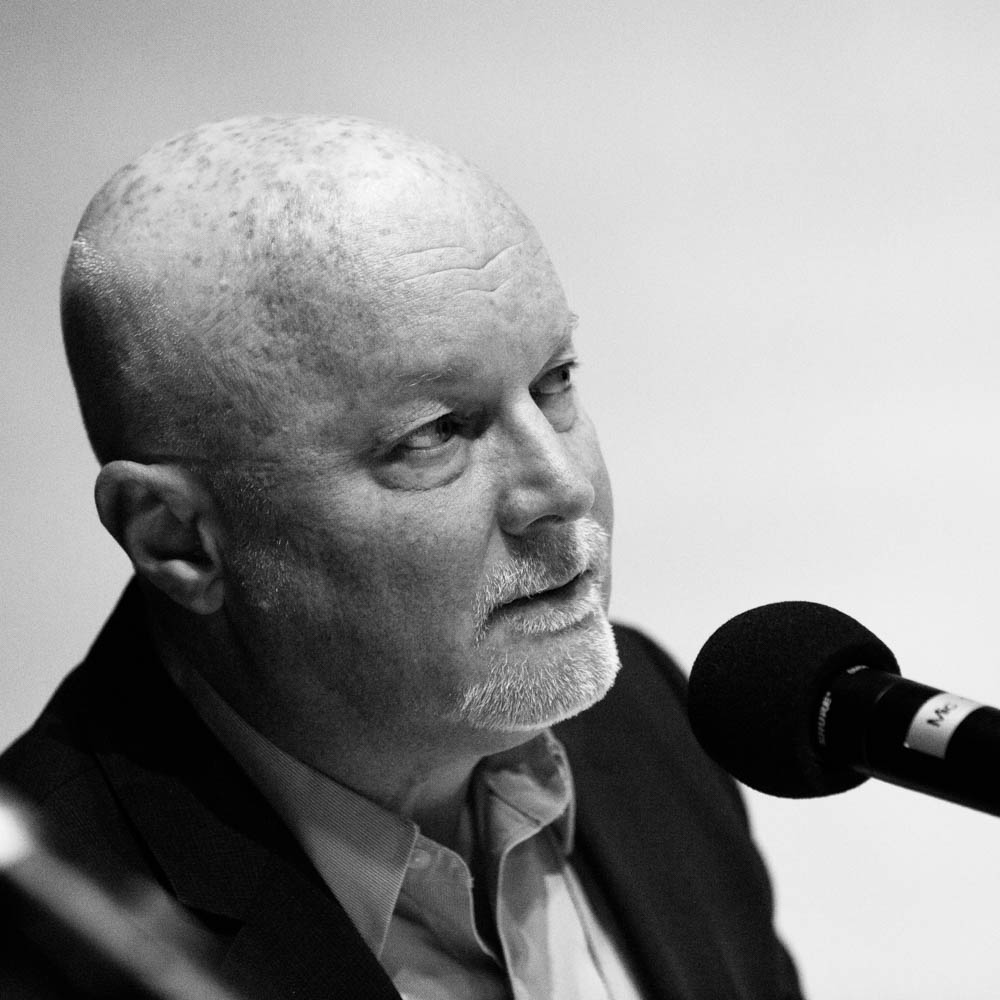
Donald E. Hall is Dean of the Faculty of Arts, Sciences, and Engineering at the University of Rochester, USA. Prior to moving to Rochester, he was Dean of Arts and Sciences at Lehigh University, USA. Dean Hall has published widely in the fields of British Studies, Gender Theory, Cultural Studies, and Professional Studies. Over the course of his career, he served as Jackson Distinguished Professor of English and Chair of the Department of English (and previously Chair of the Department of Foreign Languages) at West Virginia University. Before that, he was Professor of English and Chair of the Department of English at California State University, Northridge, where he taught for 13 years. He is a recipient of the University Distinguished Teaching Award at CSUN, was a visiting professor at the National University of Rwanda, was Lansdowne Distinguished Visiting Scholar at the University of Victoria (Canada), was Fulbright Distinguished Chair in Cultural Studies at Karl Franzens University in Graz, Austria, and was Fulbright Specialist at the University of Helsinki. He has also taught in Sweden, Romania, Hungary, and China. He served on numerous panels and committees for the Modern Language Association (MLA), including the Task Force on Evaluating Scholarship for Tenure and Promotion, and the Convention Program Committee. In 2012, he served as national President of the Association of Departments of English. From 2013-2017, he served on the Executive Council of the MLA.
His current and forthcoming work examines issues such as professional responsibility and academic community-building, the dialogics of social change and activist intellectualism, and the Victorian (and our continuing) interest in the deployment of instrumental agency over our social, vocational, and sexual selves. Among his many books and editions are the influential faculty development guides, The Academic Self and The Academic Community, both published by Ohio State University Press. Subjectivities and Reading Sexualities: Hermeneutic Theory and the Future of Queer Studies were both published by Routledge Press. Most recently he and Annamarie Jagose, of the University of Auckland, co-edited a volume titled The Routledge Queer Studies Reader. Though he is a full-time administrator, he continues to lecture worldwide on the value of a liberal arts education and the need for nurturing global competencies in students and interdisciplinary dialogue in and beyond the classroom.
Professor Donald E. Hall is a Vice-President of IAFOR. He is Chair of the Arts, Humanities, Media & Culture division of the International Academic Advisory Board.